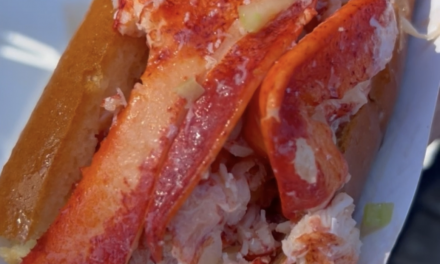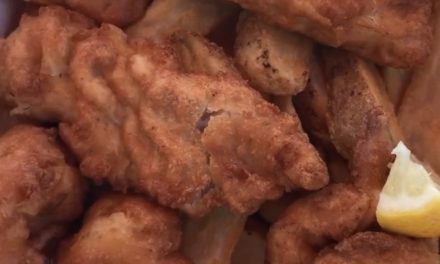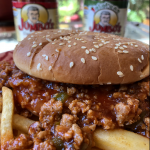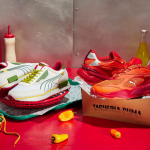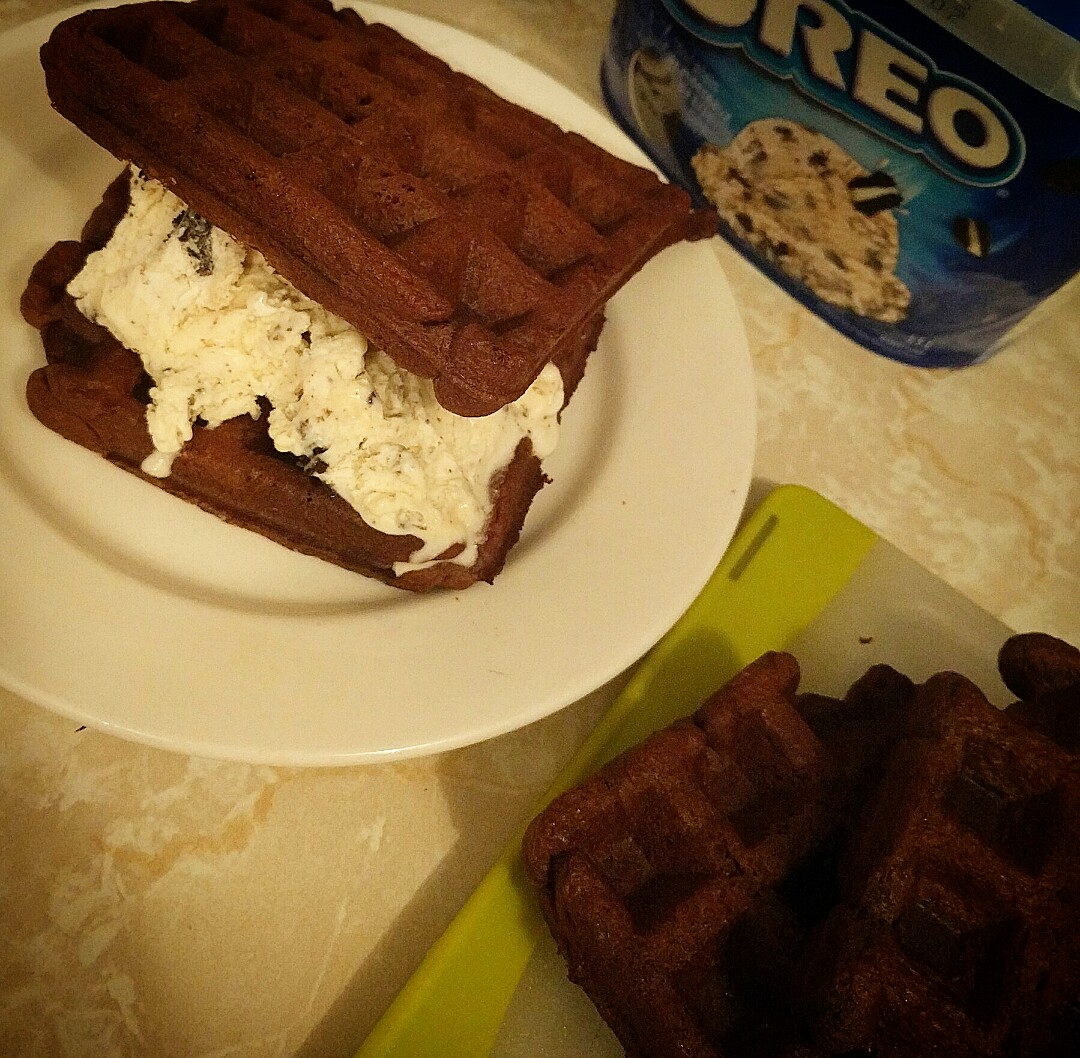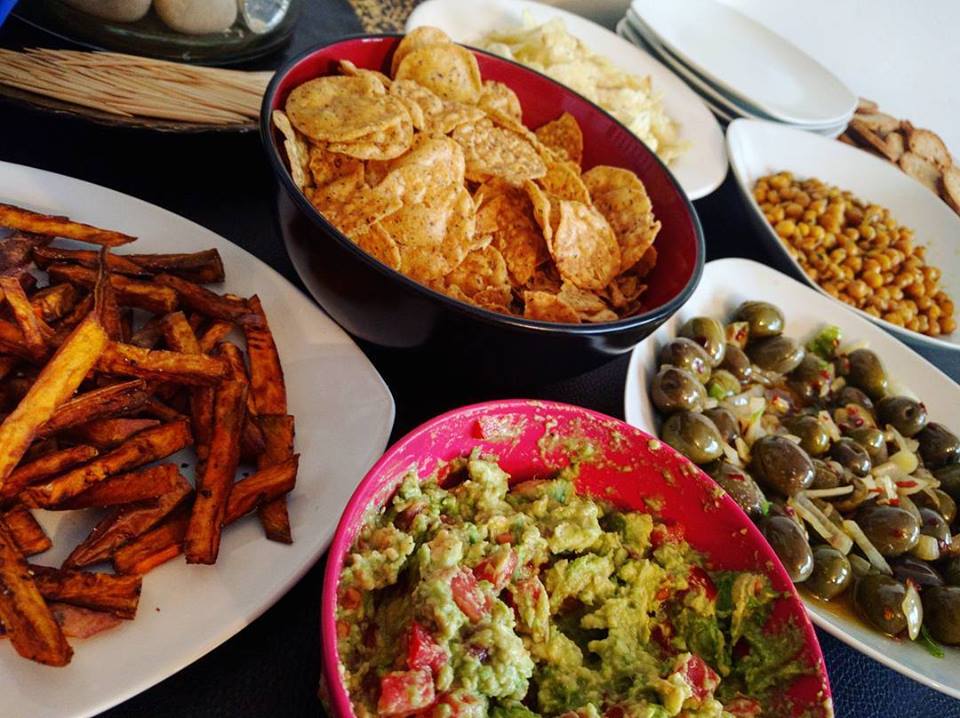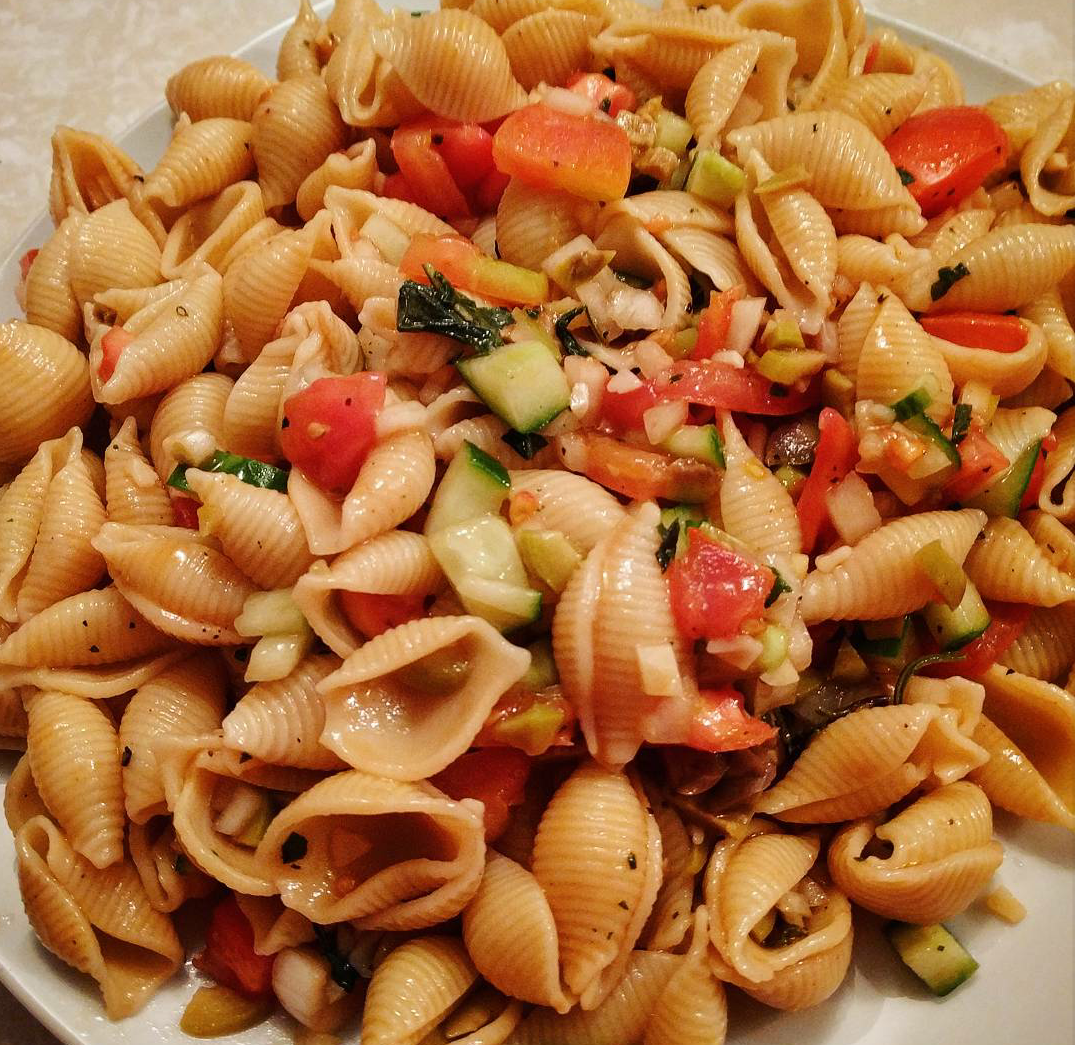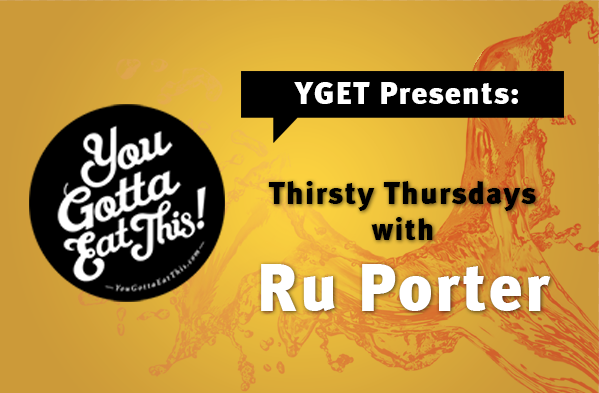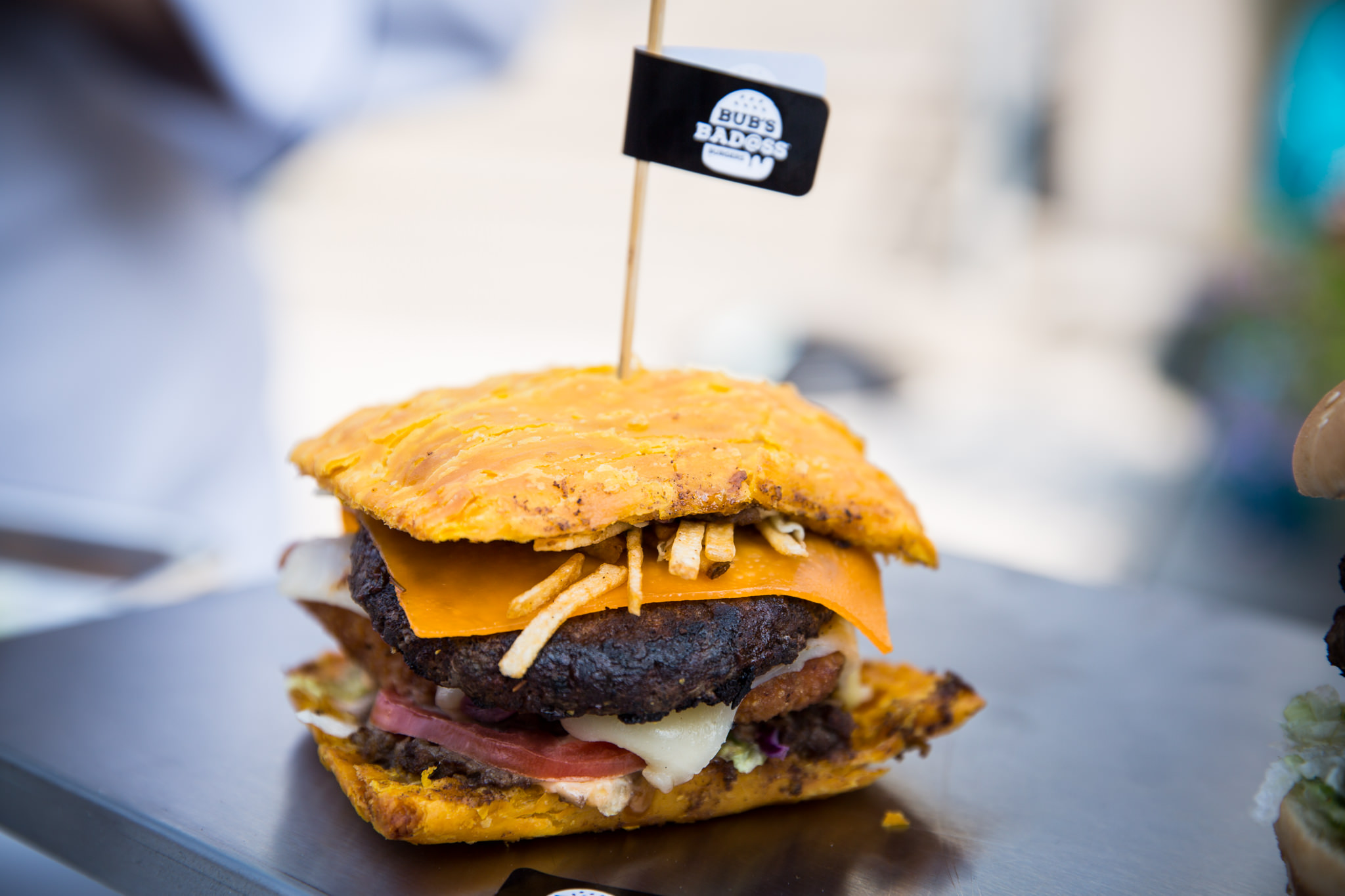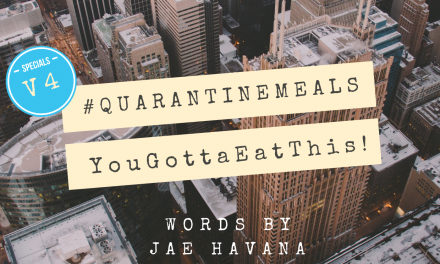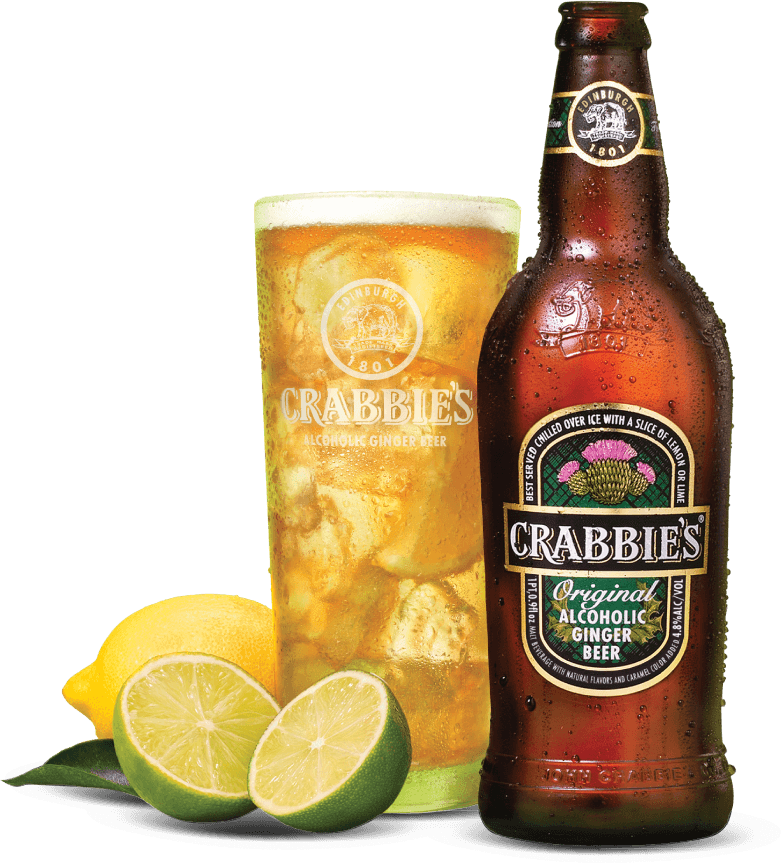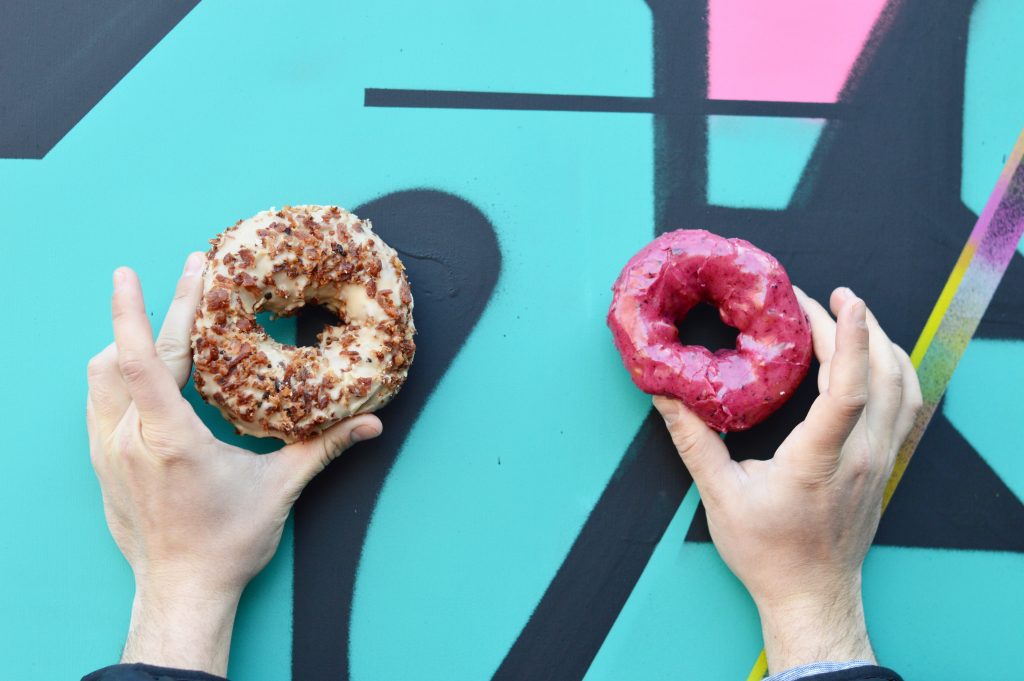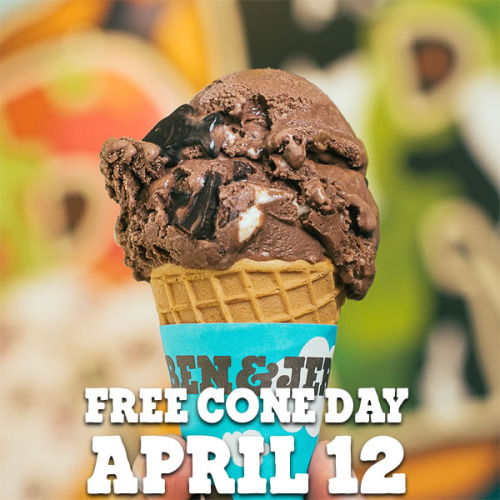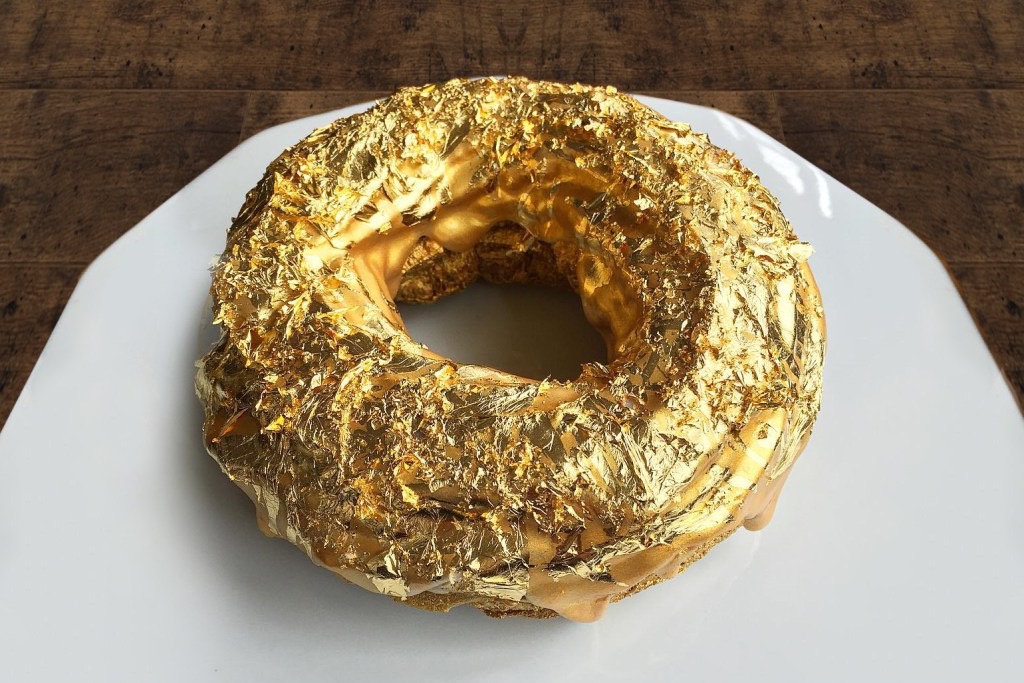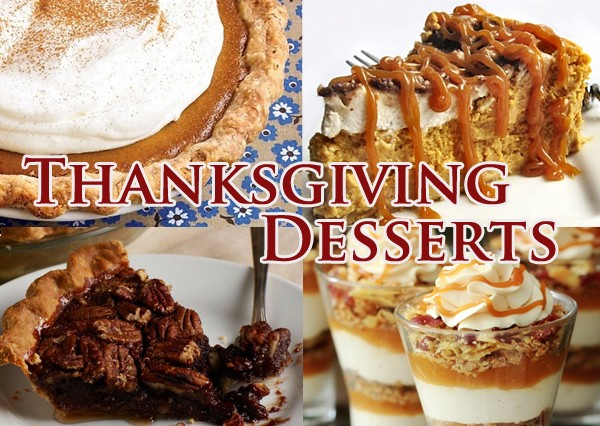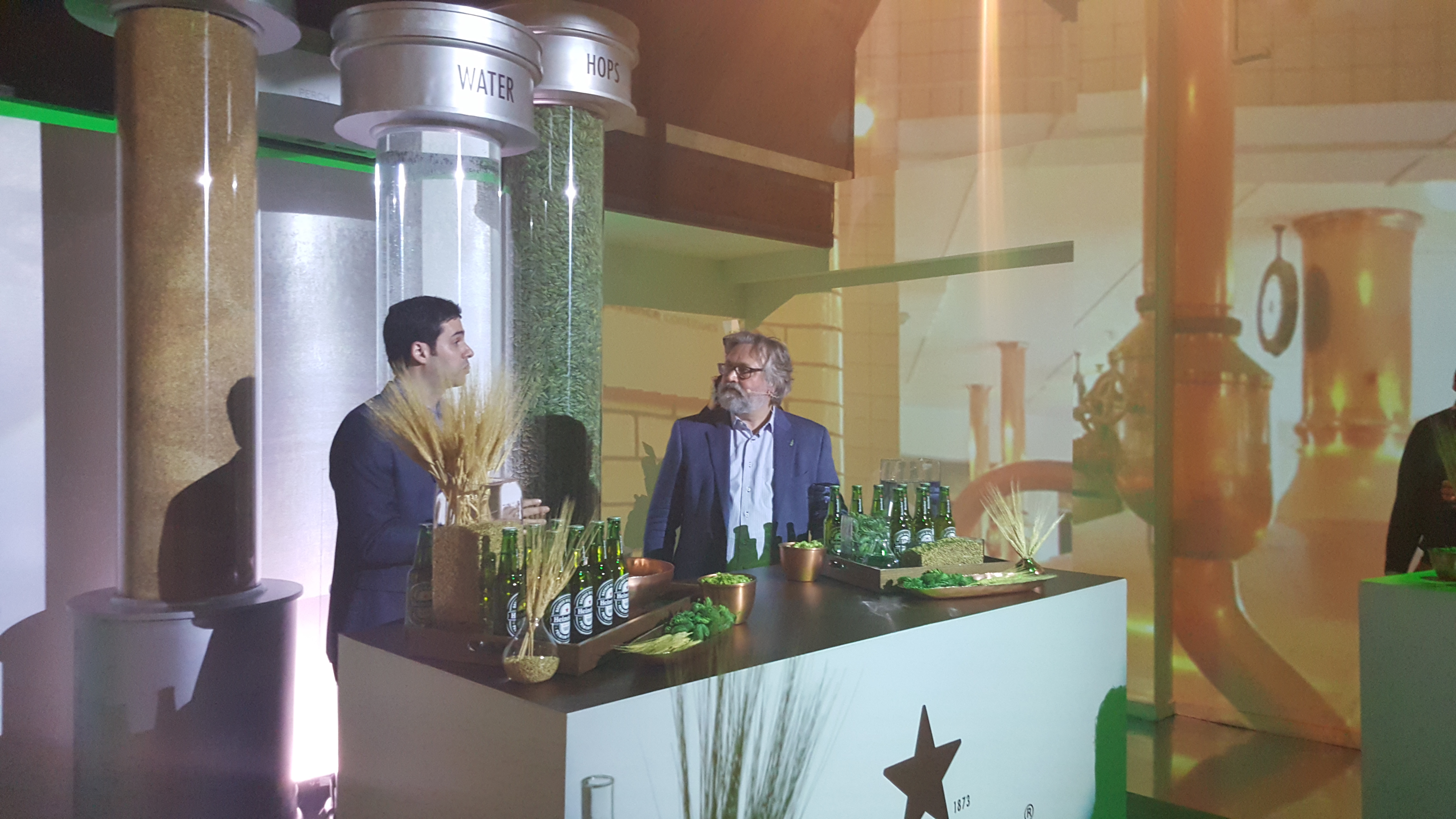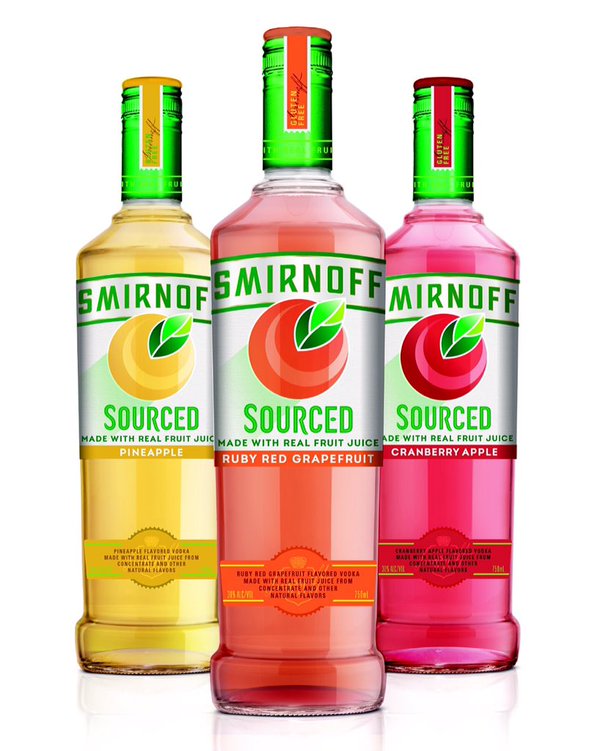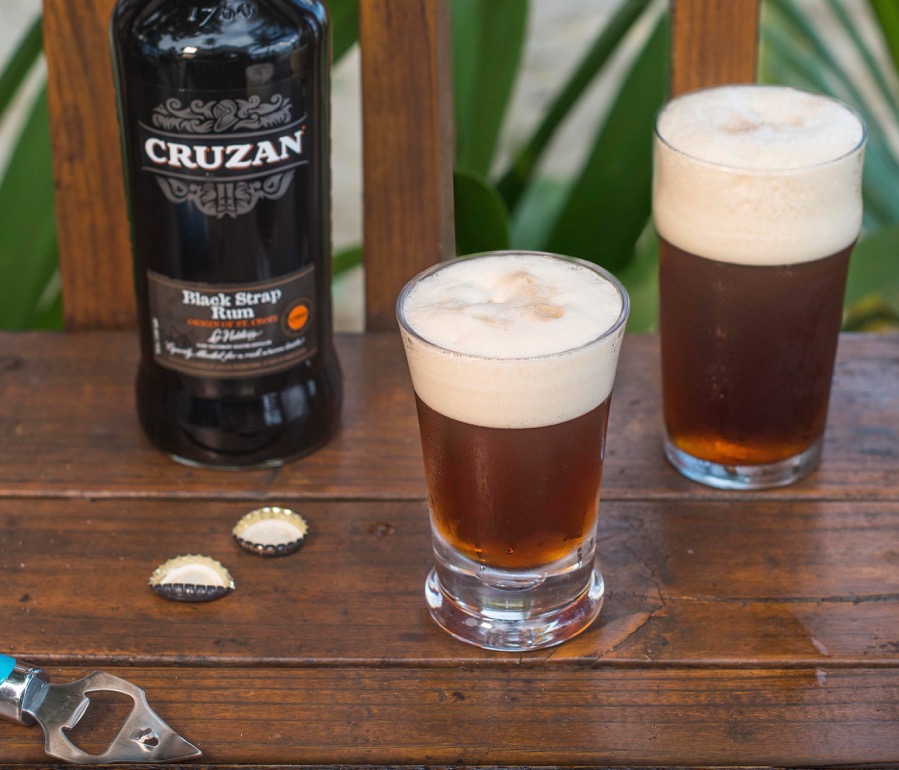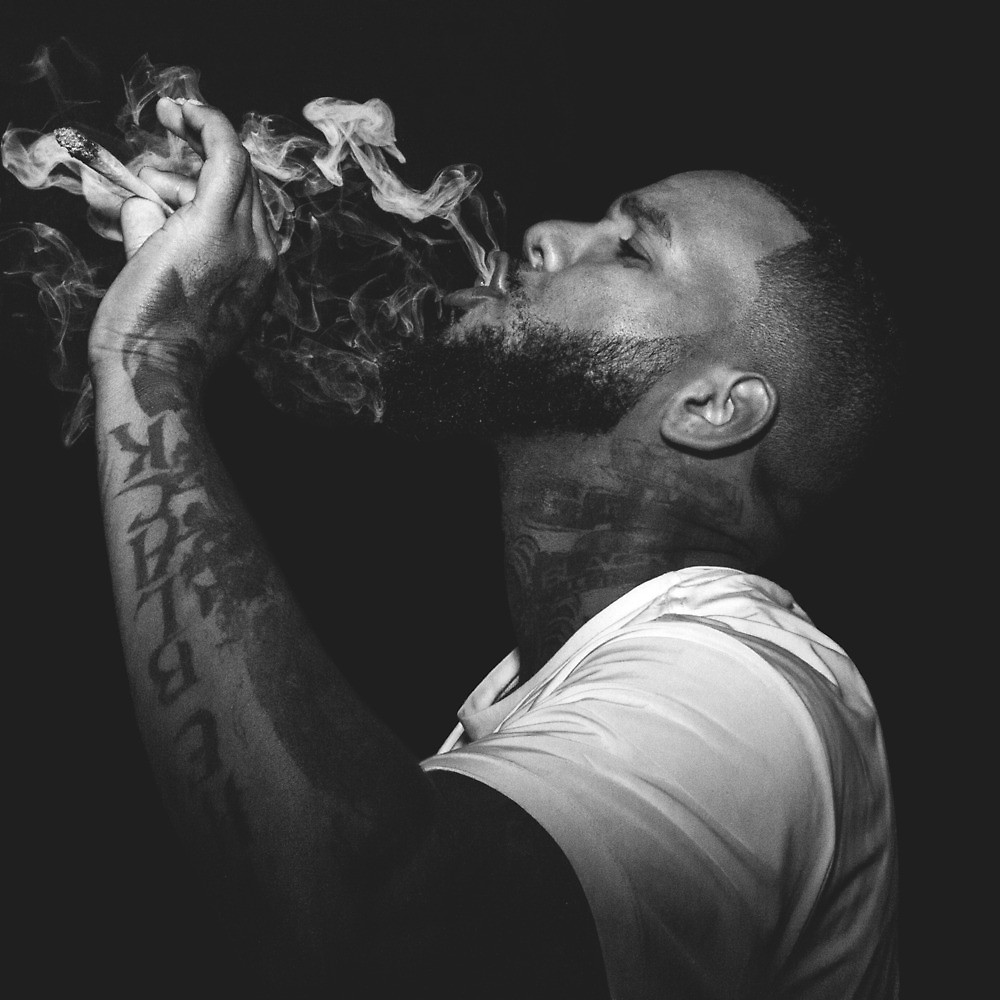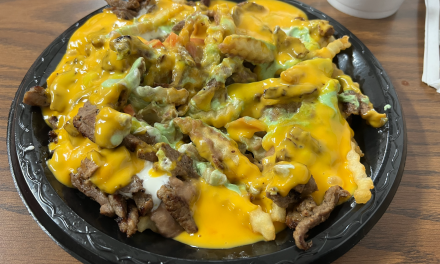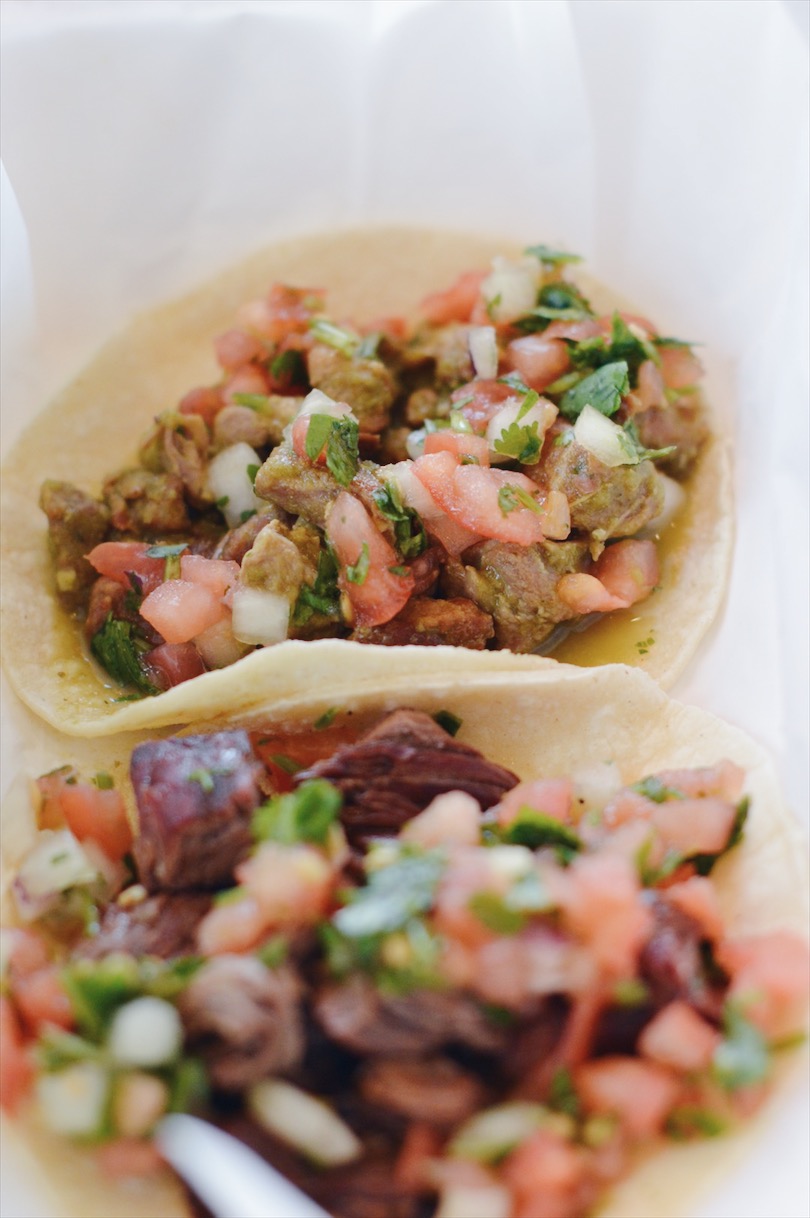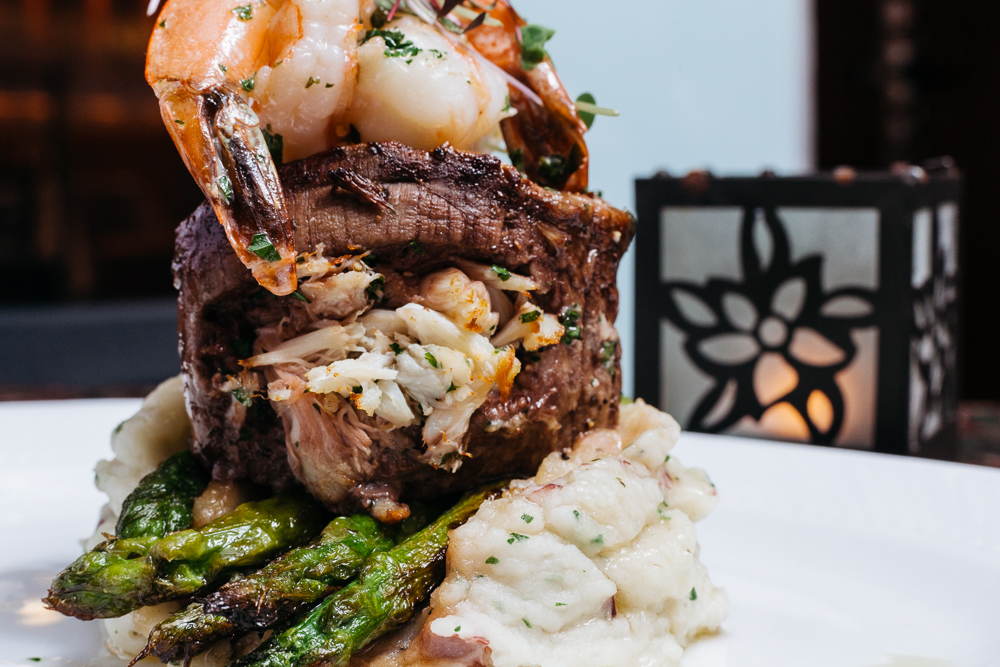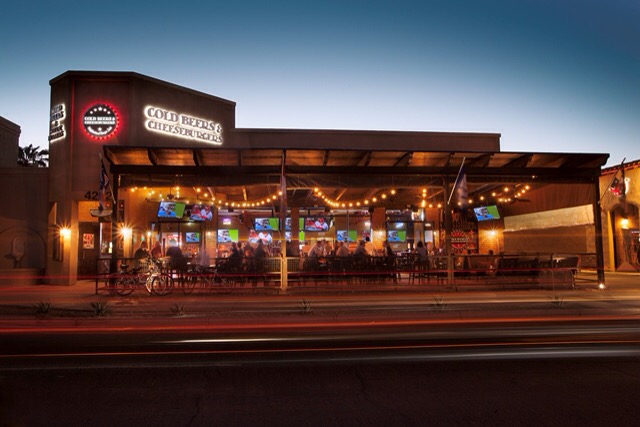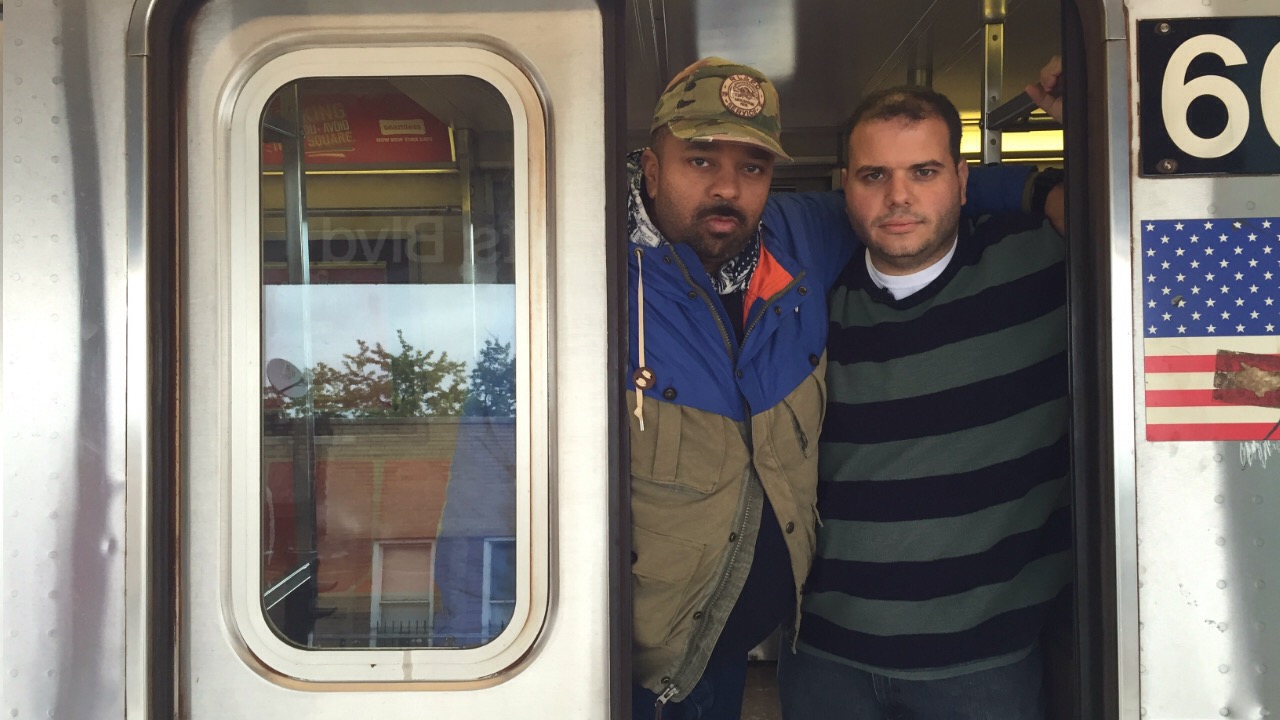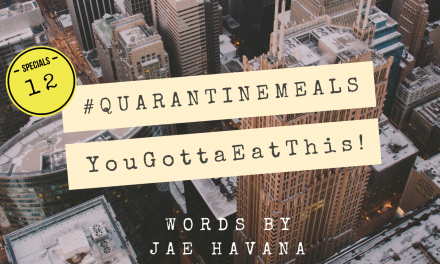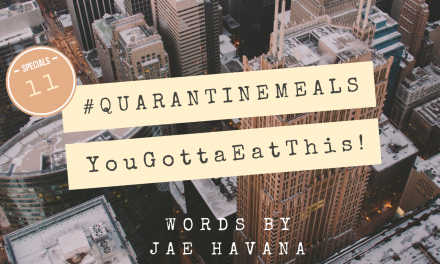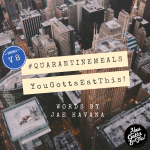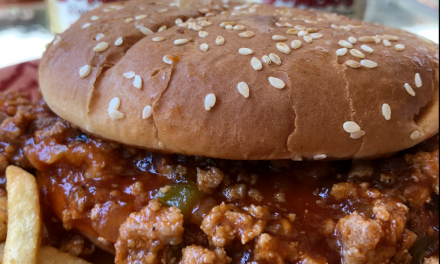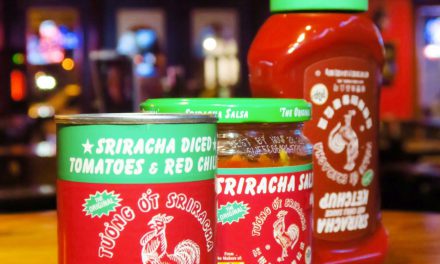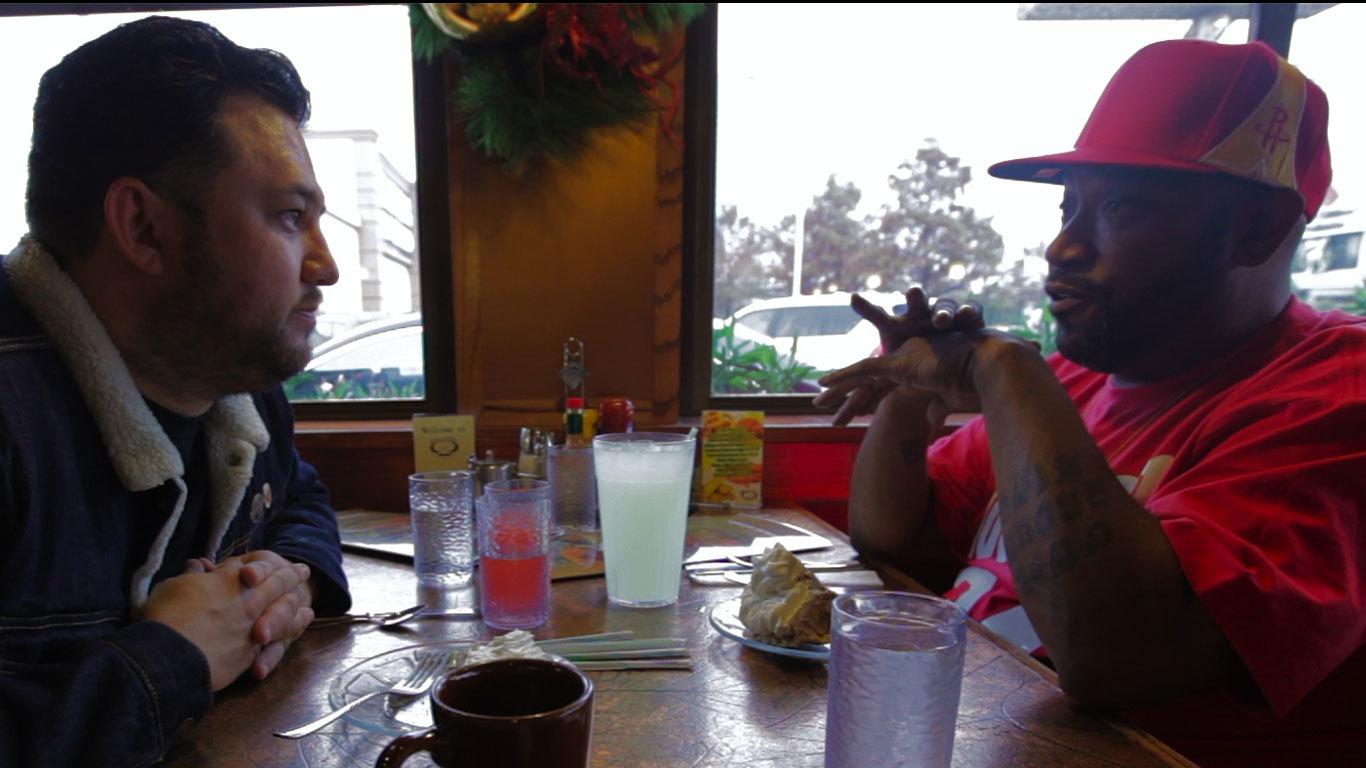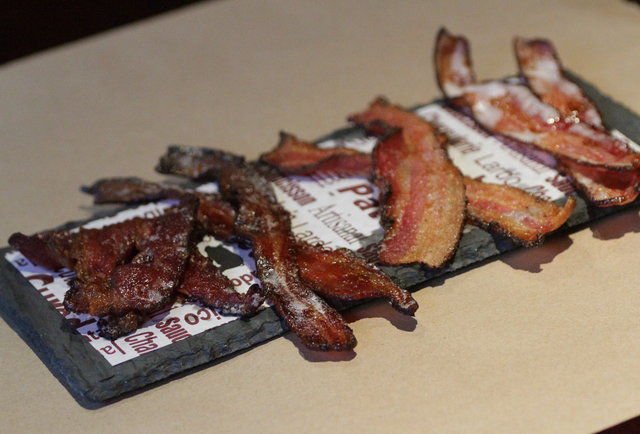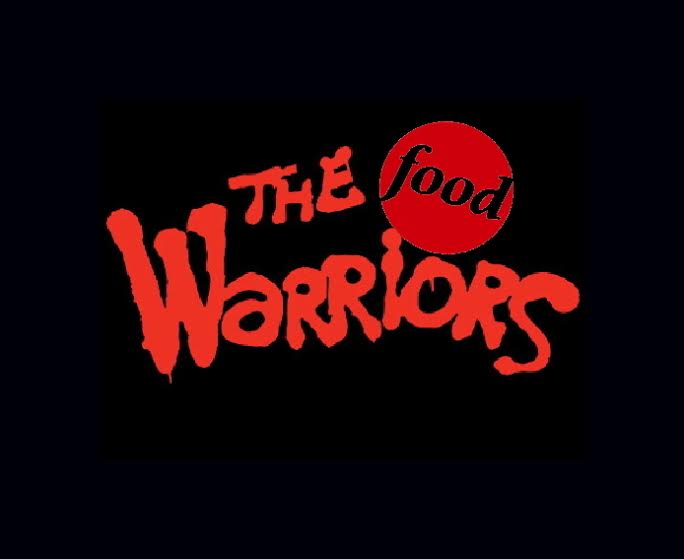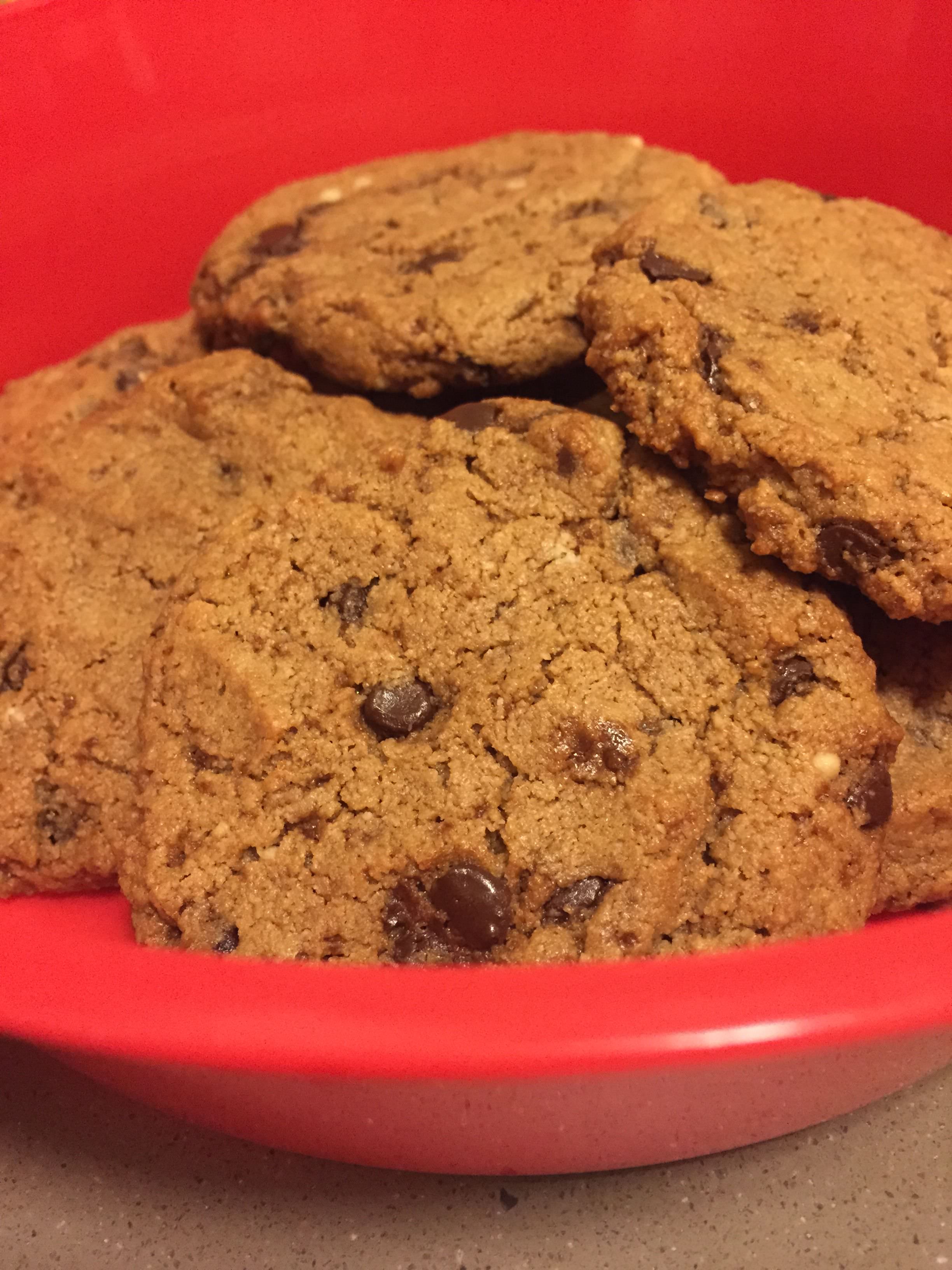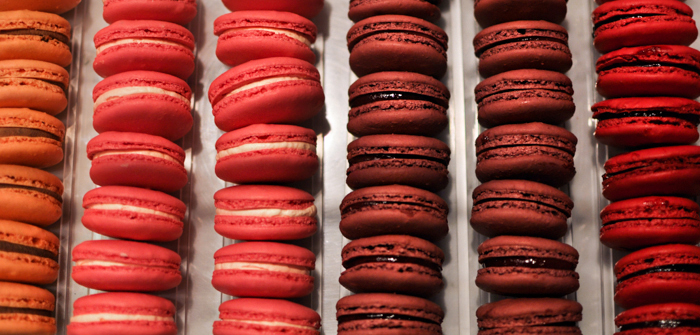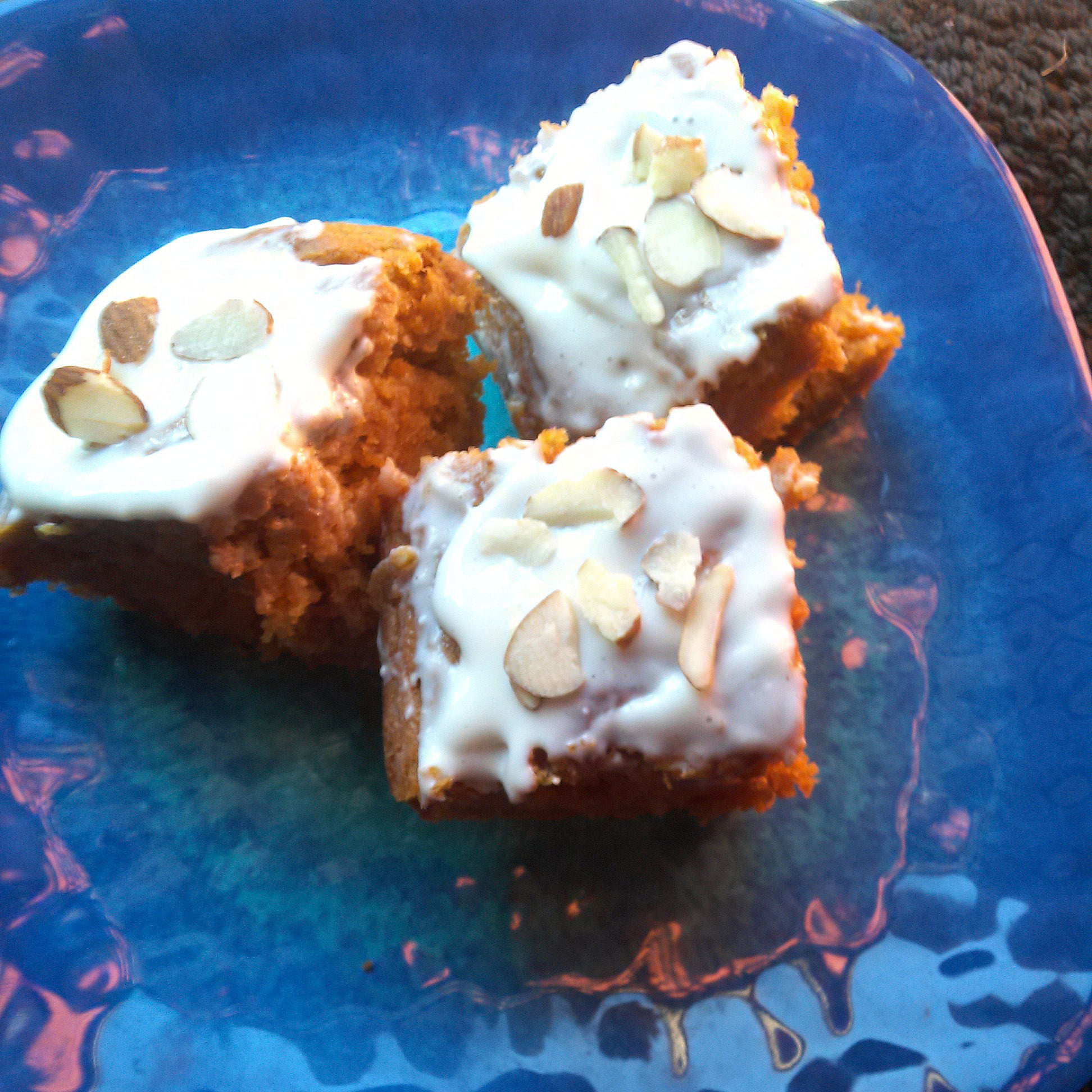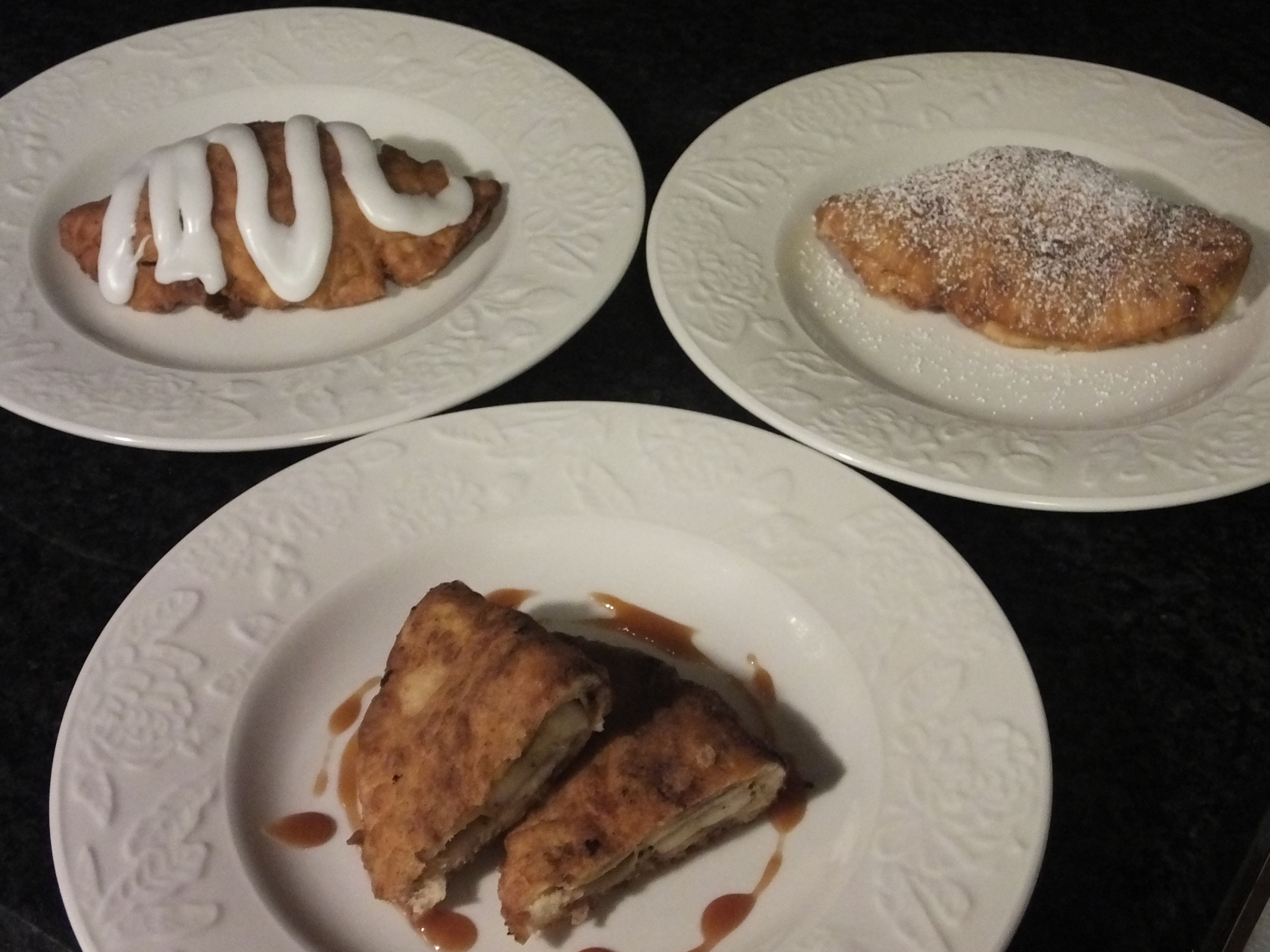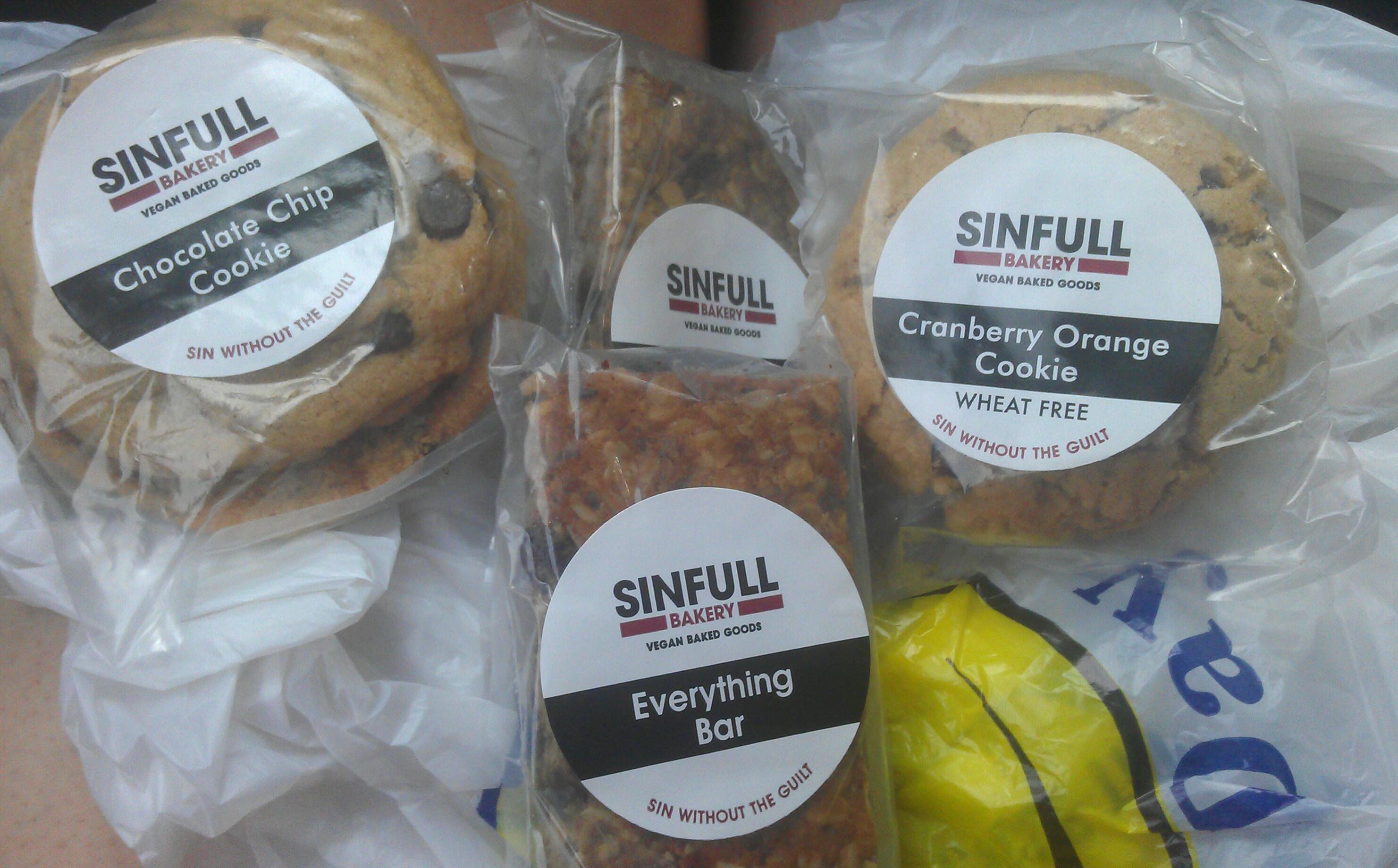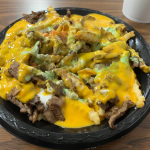
Mooncake Madness at the Harvest Moon Festival
It’s rumored that San Francisco has one of the best Chinatown districts in the U.S. I’ve never been to China, but if Chinatown resembles its dense population, I expect to be walking 1/10th of my usual speed. And if stories about China’s 9-day traffic jams are true, I think I’d just rather walk everywhere instead.
This weekend was the Autumn Moon Festival, celebrated on the 15th day of the eighth month in the lunar calendar. It is one of the most important festivals in Chinese history, next to Chinese New Year. I knew nothing about the Autumn Moon Festival except that mooncakes were involved. I stumbled upon a post by the New Zealand News titled “Mooncake Madness” about tireless hours spent producing thousands of mooncakes for this celebration. If I hear about a festival in San Francisco and it involves food, I am there.
It’s 2pm and I’ve arrived at Clay and Grant street , the heart of Chinatown. Beautiful lanterns hang above me, the smell stir-fry noodles lingers a mile away, hundreds of people fill the streets carrying bags of goods, parents take photos with their children and extended family and even elder people wait in long lines to try their luck at either Thunder Valley Casino or Graton casino vans in the area, two of the main sponsors of the festival. At least one casino van occupies every block, accompanied by lines spanning three to four blocks with people waiting to spin a casino wheel. I contemplate standing in line to try my own luck, but I watched a woman spin the wheel and all she won were goodie bags and a Graton Casino t-shirt. That’s not a prize I’m willing to stand in line for.
I walk further down the street and see a tent with Buddhist monks inside. I’ve never seen Buddhist monks outside of the temple so I immediately walk over to investigate. Praying, along with thanksgiving and gathering, is one of the three fundamental concepts of this celebration. It is a time where believers ask the Buddha for conceptual or material satisfaction such as long life, spouses and babies. An elderly woman standing outside the tent grabs people passing by and brings them over to pray to the Buddha statue. They make a donation to the temple and lay their hands on the golden Buddha statue for the monk to bless them. After the prayer, the woman hands each person a card with a special fortune on it. She gave me two cards that read “fortune” and “health.”
Finally, I set on my quest to find the shortest mooncake line. Most tents were only selling them in boxes ranging from $20 to $80. Unfortunately I don’t have $80 to spend on anything – much less mooncakes, but it was interesting to see how many people bought three to four boxes. At last I find a bakery with an incredible smell of freshly baked pastries coming from it and fifteen minutes later, I’m eating two mooncakes filled with lotus seed paste. The woman behind me complains about how she’s waited all day to buy boxes for her family and verbally expresses her frustration when the cashier screams to the crowd that boxes of mooncakes won’t be ready for 30 minutes.
Making and sharing mooncakes are hallmark traditions of this festival. In Chinese culture, a round shape symbolizes completeness and unity. Thus, the sharing of round mooncakes among family members signifies the completeness and unity of families. Each mooncake has a different Chinese imprint on it, some with Chinese characters symbolizing “longevity” or “harmony.” I’m glad I waited until the end to try them because they were incredibly delicious. I wish I were able to afford the ones filled with dates and wolfberry, pumpkin paste and even salted duck egg yolks. I enjoyed submerging myself into a cultural festival I don’t normally participate in, but at least next year when I go with someone else I can help them gain insight to a richer culture they don’t experience much of.

